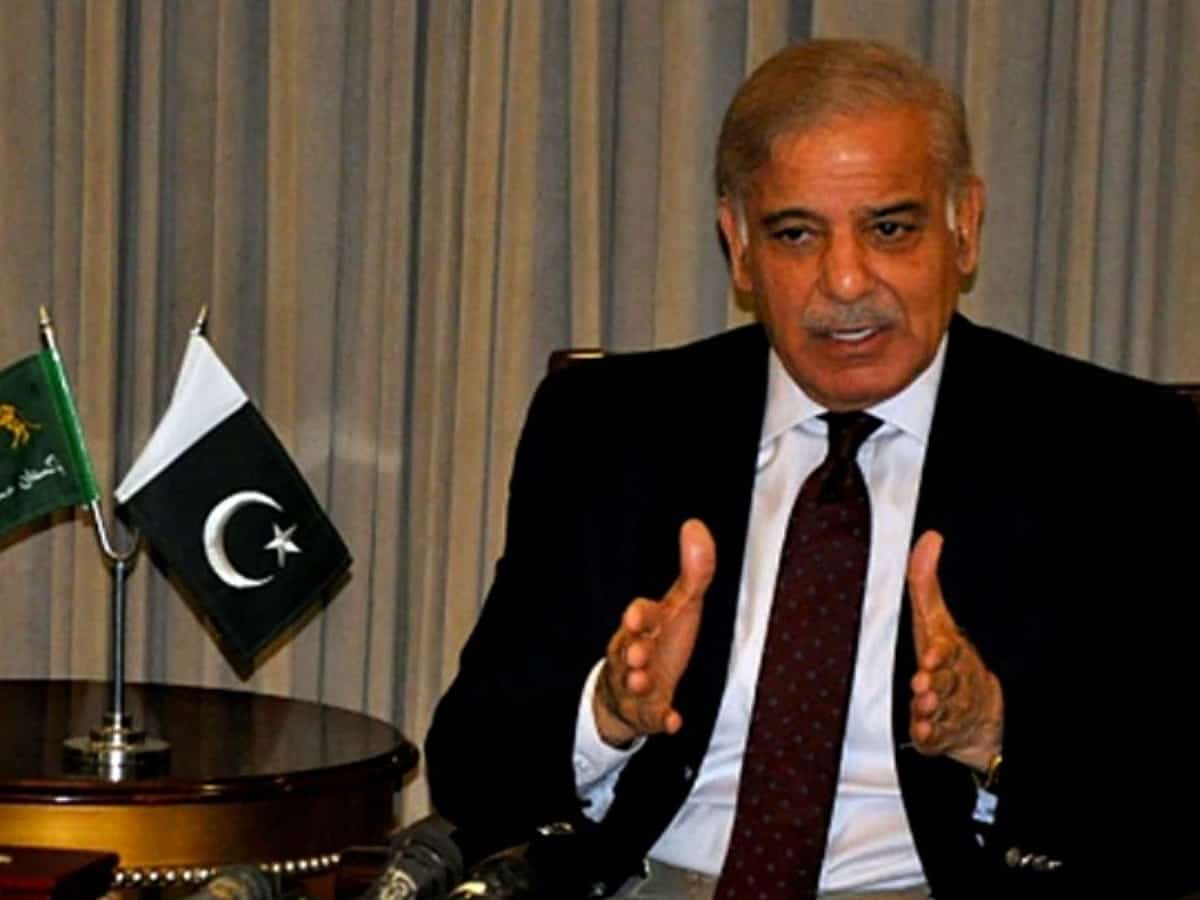
Islamabad: Pakistan Prime Minister Shehbaz Sharif on Thursday announced that he has postponed his visit to the United Arab Emirates (UAE) due to the unprecedented floods that have killed more than 1,100 persons across the country.
The Prime Minister, who was scheduled to visit the UAE on September 3, also said the Gulf nation has started to deliver the first tranche of relief items worth USD 50 million for the flood victims in Pakistan, which has been facing the worst flood situation in the last 30 years.
I was set to visit the UAE on September 3 on the invitation of HH the President. We mutually decided to postpone the visit so that I could focus on the ongoing rescue and relief activities, Sharif said on Twitter.
He said that Pakistan would forever be indebted to our brothers and sisters who have stood by us” in this testing time.
He said UAE President Sheikh Mohamed bin Zayed Al Nahyan on Wednesday night during a telephonic conversation with him assured that the UAE would continue to aid the flood victims in Pakistan.
Over 1,600 persons have been injured and nearly 735,000 livestock — a significant source of livelihood and food — have been lost in the flooding that has also damaged roads and more than two million acres of agricultural land.
More than 6.4 million people across Pakistan need immediate support in response to torr ential rains and flash floods that have since June displaced hundreds of thousands, who are now living in camps or with host families.
According to Federal Minister of Planning and Special Initiatives Ahsan Iqbal, the initial economic losses from floods in Pakistan could reach at least USD 10 billion.
The monsoon season runs from July to September in Pakistan. This year monsoon and pre-monsoon rains broke the 30-year record in Pakistan and the NDMA data shows that the 30-year average precipitation was 130.8 millimetres but the rainfall in the 2022 season was 375.4 mm.
Iqbal added that it might take five years to rebuild and rehabilitate the nation of 200 million people, facing an acute challenge of food shortage.
(Except for the headline, the story has not been edited by Siasat staff and is published from a syndicated feed.)
